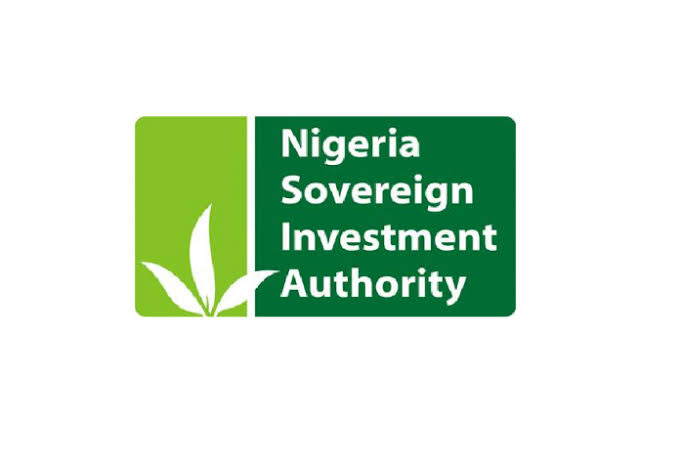The International Finance Corporation (IFC), a World Bank investment arm, and the Nigerian Sovereign Investment Authority (NSIA) are jointly investing $500 million in the advancement of renewable energy projects in Nigeria.
The NSIA’s intervention in renewable energy is being carried out via its latest outlet, the Renewables Investment Platform for Limitless Energy (RIPLE). Under RIPLE, the Authority, in conjunction with the IFC, would be undertaking a pilot initiative located within the Tokarawa Industrial Hub in Kano State.
It involves setting up a generation and distribution system to meet 70 MW of unsuppressed energy demands from industrial activities, commercial enterprises, and residential customers in an area covering about 9,000 connections.
The project will be extended to other parts of the country over time.
The NSIA and IFC signed a formal agreement on the project over the weekend in Abuja. The agreement entails NSIA committing $25 million as a seed investment to the project.
Speaking to reporters on the sidelines of the event, Managing Director and Chief Executive Officer of NSIA, Mr. Aminu Umar-Sadiq, described the moment as a watershed for the renewable energy space in Nigeria.
“We are hoping that this fund we are targeting, about $500 million, will focus on renewable energy space in general. The strategy is threefold. The first is around diesel displacement, the second is around franchising in general, and then the third is around the backward integration towards PV manufacturing in Nigeria.
“Naturally, we’ll start with a proof-of-consent project with baby steps. However, as always, the ambition of the NSIA and the IFC as it relates to this fund is to scale up and be able to go large. We are hopeful that in the course of time, we’ll begin to feel the impact of projects that we are co-developing as well as co-executing for the benefit of Nigeria and Nigerians,” the NSIA boss explained.
Discussing fund commitments, he mentioned that the NSIA pledged $25 million as seed capital. The IFC, he added, was also co-developing the transaction up north through a 70-megawatt franchise project in Kano State. He estimated that the project should be delivered within a space of three to four years.
“There are a number of important considerations within your control, and there are also a number out of your control. Typically, when executing a large-scale infrastructure project, you are talking about three to four years. We are hopeful we will be able to implement a couple of our initial projects within that time.
“Upon the conclusion, by the time we’ve basically gone very far in implementing our first couple of projects and we have a proof of consent in terms of the portfolio of projects that we can show external investors, then we’ll embark upon that, looking at about two to two and a half years,” he said.
Sadiq expressed confidence that Nigeria will overcome her power challenges.
“We are investors, but by the grace of God, we have the ambition to be able to meet our power deficit through the generation of sustainable, renewable energy in Nigeria,” he said.
In a separate interview, the IFC Regional Manager (Africa), Mr.Dan Croft, underscored the IFC’s interest in the renewable energy project in Nigeria.
“We are pretty much interested in everything you heard in that speech—access, efficiency, security—all on a climate-friendly basis.
“Our interest in the project is working with credible partners who are committed to the long term to develop projects on a fully sustainable basis, delivering the most cost-effective power as cleanly as possible. It’s all good. This is our interest in the project. We would love to find more partners like NSIA, but they don’t grow on trees.
“At this early stage, what we’re working on is developing capital for the platform. But whenever we do this, it’s with a longer-term investment horizon. We’re not interested in just the upfront seed. If there is no long-term horizon, then we don’t do the first bit either. So what we’re looking at is enough on a percentage-share basis to get the thing moving. And then, as more projects enter, the funding will follow.
“Essentially, we don’t really have an upper limit for what we would like to finance in this space. Our problem is finding the opportunities to do so, which is why we’re so excited about this, said Croft.
He said investment in renewable energy isn’t new territory, as, according to him, the IFC has done similar things in other countries.
“We have made a number of renewable energy investments in solar, wind, hydro, transmission, and distribution.
He emphasised in his speech that the key is to identify the right market entry strategy, noting that adopting pre-existing solutions often falls short. This marks the inaugural implementation of such a platform on the African continent, as far as he is aware.

